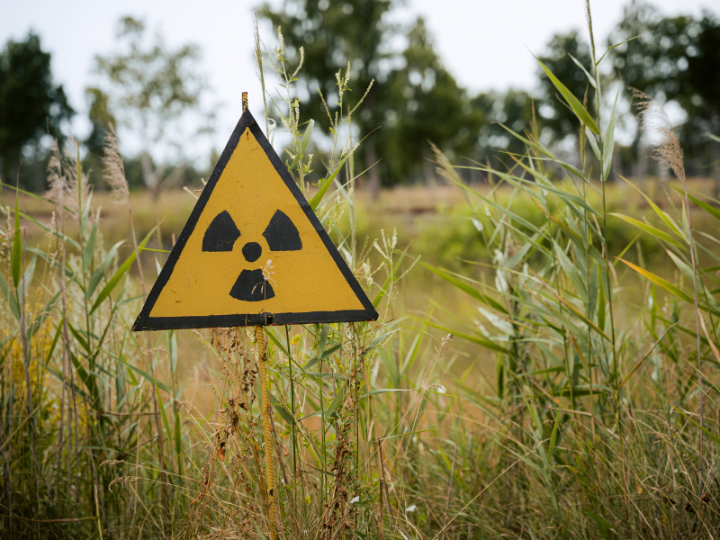European Union countries failed to adopt conclusions on climate diplomacy that had been planned for Monday (20 February), owing to a deepening spat over the role of nuclear energy in the green transition, EU officials said.
The upset is the latest development in a dispute between France and other countries who want more EU policies to promote nuclear energy’s contribution to cutting CO2 emissions, and those like Germany and Spain who warn this risks distracting from efforts to massively expand renewable energy.
The debate – which focuses on hydrogen produced from nuclear or renewable energy – has already delayed negotiations on new EU renewable energy targets and threatened a multi-billion-euro hydrogen pipeline. Some EU officials fear it could spill into other green energy policies, potentially delaying laws needed to meet EU climate targets.
“There are outstanding obstacles, but they will be resolved,” EU foreign policy chief Josep Borrell said of the climate conclusions on Monday, without specifying what the obstacles were.
The conclusions would set out the EU’s diplomatic priorities ahead this year’s U.N. climate summit. Speaking after a meeting of EU countries’ foreign ministers, who had planned to approve the conclusions, Borrell said he expected countries to give written approval to a final text within days.
EU officials told Reuters the majority of the text had been approved – including plans for the EU to rally support for a global pledge to phase out fossil fuels ahead of the November UN climate summit.
But countries are struggling to agree on whether the text should explicitly promote low-carbon hydrogen – meaning hydrogen produced from nuclear electricity – or focus on hydrogen produced from renewable energy, they said.
“On the question of hydrogen … there are different positions around the table,” one diplomat said, speaking on condition of anonymity, who said officials were working to try to find a compromise quickly.
A draft of the conclusions, seen by Reuters, said: “EU energy diplomacy will promote the increasing uptake and system integration of renewable energy, hydrogen and its derivatives.”
The draft added that EU diplomacy would also promote “safe and sustainable low-carbon technologies”.
Scaling up use, domestic production and imports of emissions-free hydrogen fuel is central to Europe’s plans to decarbonise industries such as fertiliser and steelmaking.
France, which has historically derived 70% of its power from nuclear reactors, and countries including Hungary and the Czech Republic, want more EU recognition of nuclear energy, and are for example pushing for nuclear-based hydrogen to count towards EU renewable energy targets.
On the other side are countries such as Germany, which is phasing out its reactors, and Spain. They say they acknowledge nuclear’s low-carbon contribution, but that it should not be put on a level footing with renewable energy sources like wind and solar.
*first published in: Euractiv.com




 By: N. Peter Kramer
By: N. Peter Kramer
